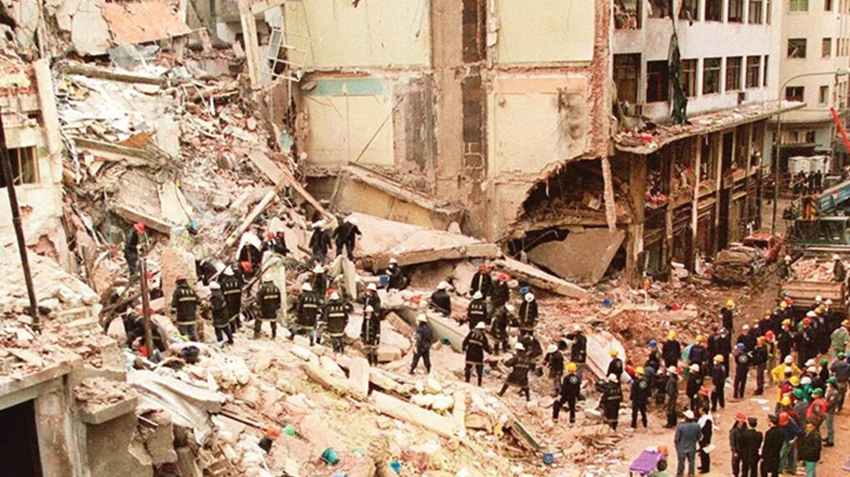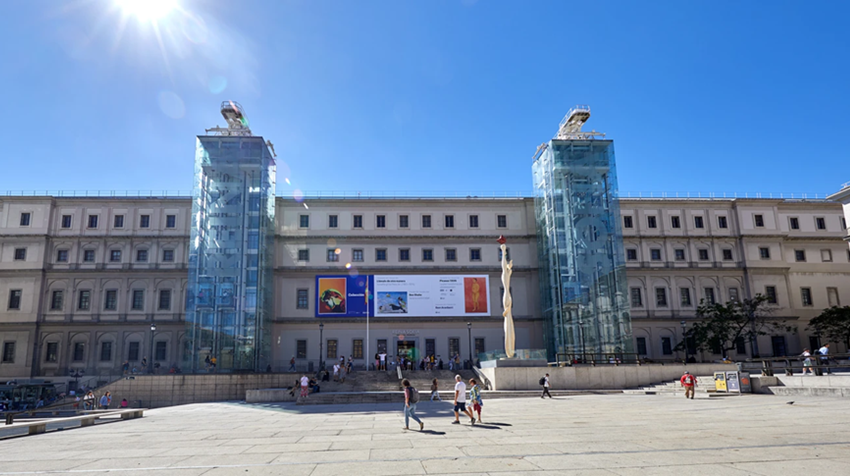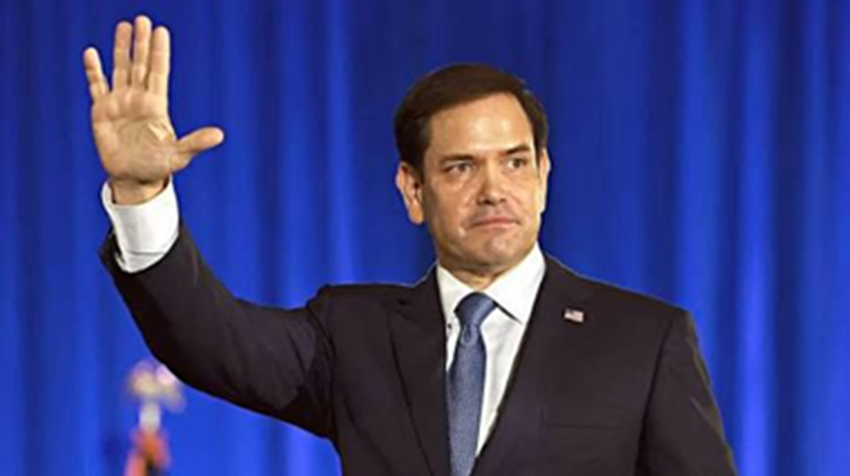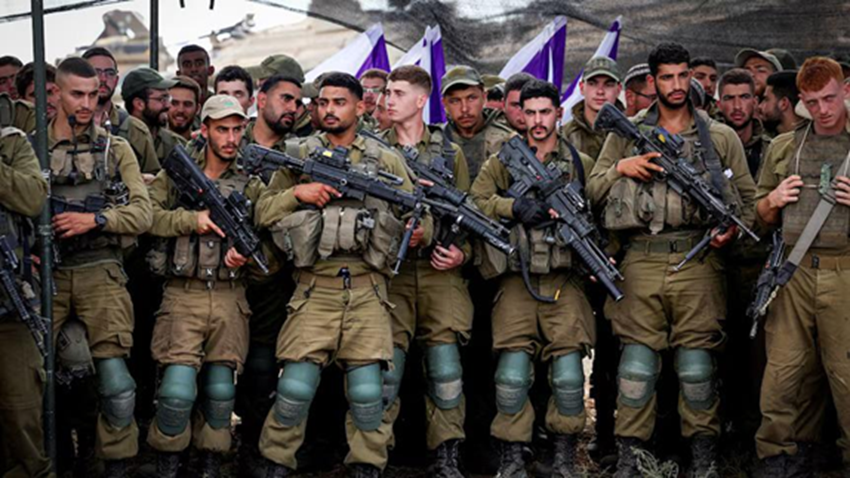Credit: AP
Prosecutor Sebastián Basso demands arrest of Iran’s Supreme Leader, alleging his direct involvement in the bombing of a Jewish center that killed 85 people; The request challenges previous claims of diplomatic immunity and highlights Iran’s role in supporting Hezbollah’s operations.
The lead prosecutor in the case of the 1994 bombing of the AMIA Buenos Aires Jewish Community Center building in Argentina, Sebastián Basso, has petitioned the country’s federal court to issue both national and international arrest warrants for Iran’s Supreme Leader, Ayatollah Ali Khamenei.
Basso, who succeeded Alberto Nisman after his murder in 2015, claims that Khamenei was directly involved in planning the attack, which killed 85 people. The prosecutor is demanding Khamenei be held accountable and immediately arrested if he enters Argentinian territory.
The bombing, carried out by Hezbollah operatives with the support of Iranian agents, remains one of the deadliest terrorist attacks in Argentina’s history, resulting in 85 deaths and hundreds of injuries. In his legal opinion submitted to the court, Basso argued Khamenei played a central role in planning the attack and issued the fatwa (religious decree) that authorized it.
Basso further stated that Khamenei is not only a key political figure in Iran but also directly oversees the country’s foreign policy and military operations. He noted that Khamenei appointed Hezbollah’s slain Secretary-General Hassan Nasrallah as his representative in Lebanon and asserted that "all of Iran's military and foreign policies are under his direct supervision."
The prosecutor requested that Judge Daniel Rafecas summon Khamenei for questioning and issue an international arrest warrant through Interpol. Additionally, he urged local federal authorities to prepare for Khamenei’s arrest should he appear in Argentina and to bring him immediately before the court.
This demand represents a significant shift from the previous stance of state prosecutors, who had treated Khamenei as enjoying diplomatic immunity due to his position as Supreme Leader. Basso, who has represented the prosecution in the bombing case since Nisman’s assassination, argued that "this approach does not align with international law," particularly when it comes to crimes against humanity and acts of terrorism.
The significance of this request extends beyond the legal realm and into diplomatic territory. Should the arrest warrant be issued, it could further strain the already limited diplomatic relations between Argentina and Iran, which have remained minimal since the 1994 attack.
Last year, Argentina called on Interpol to arrest four Lebanese citizens as part of the investigation into the Jewish Community Center bombing. In his appeal to the international policing organization, Federal Judge Daniel Rafecas noted that "there is credible evidence that the four collaborated with Hezbollah’s military wing or acted as its operational agents."
Source: Ynet News


































